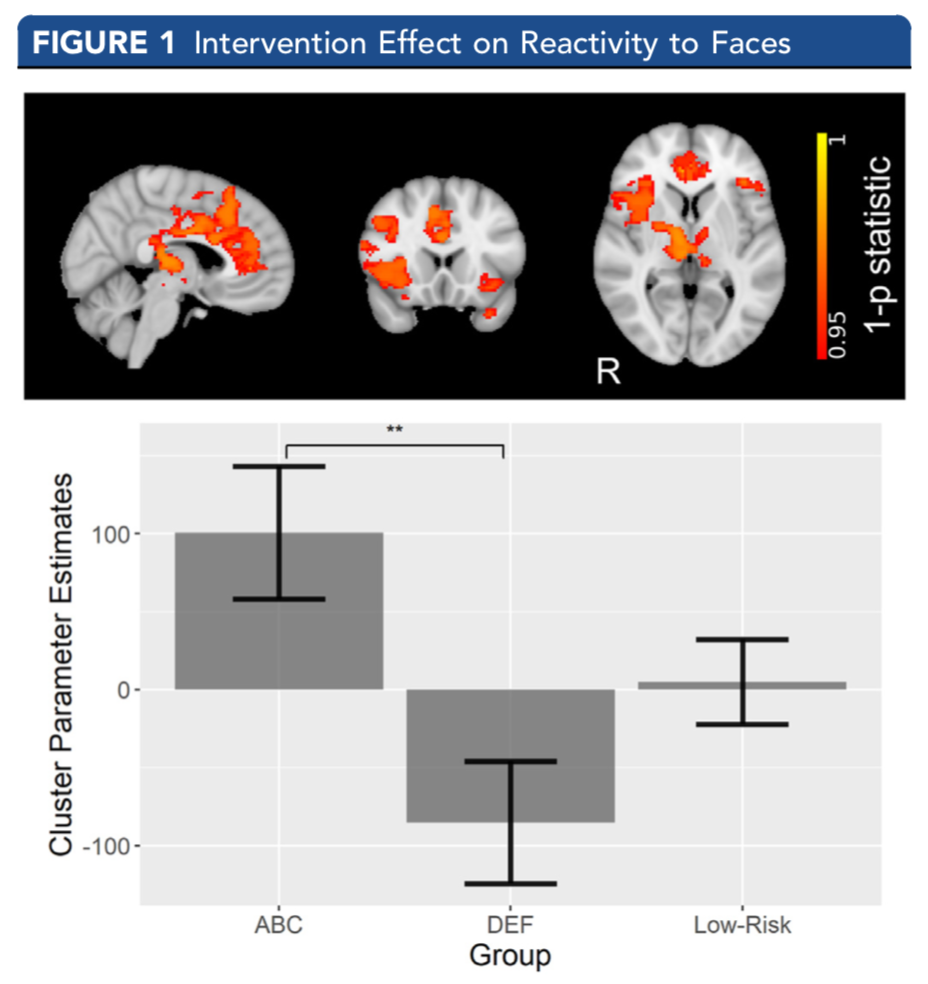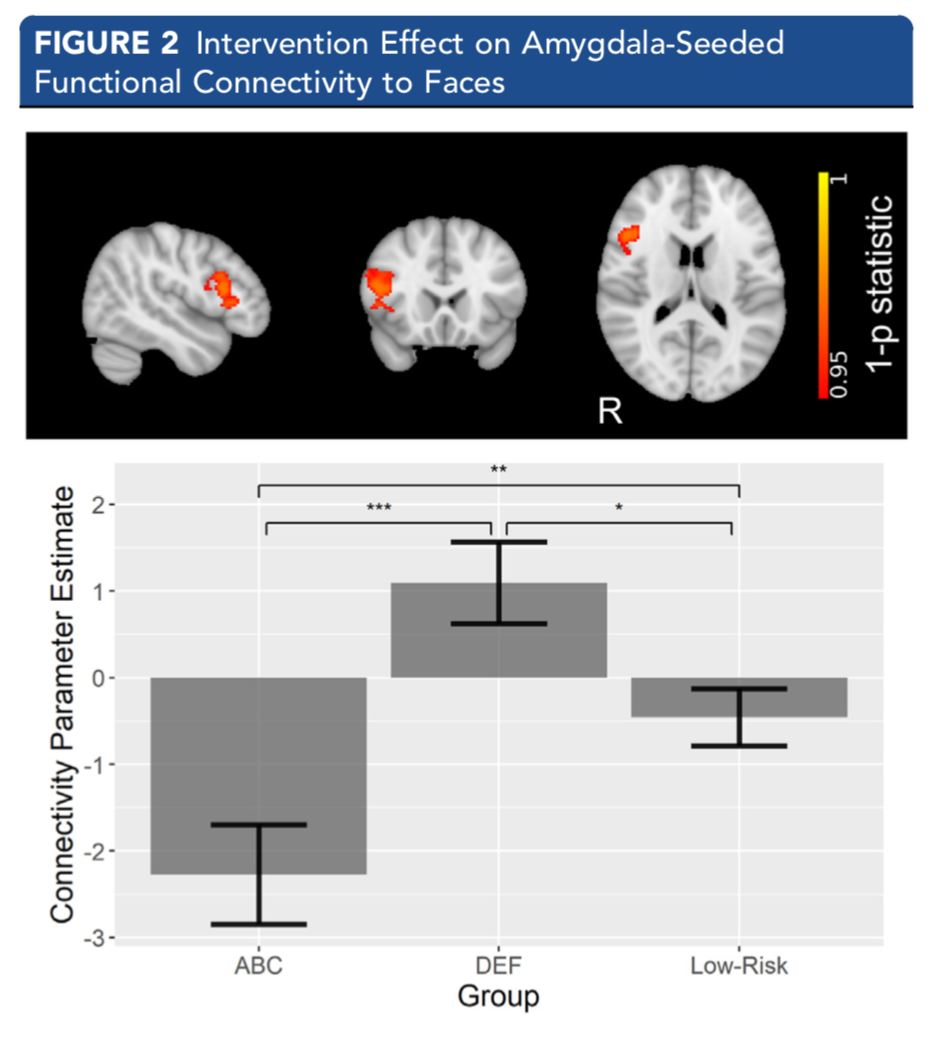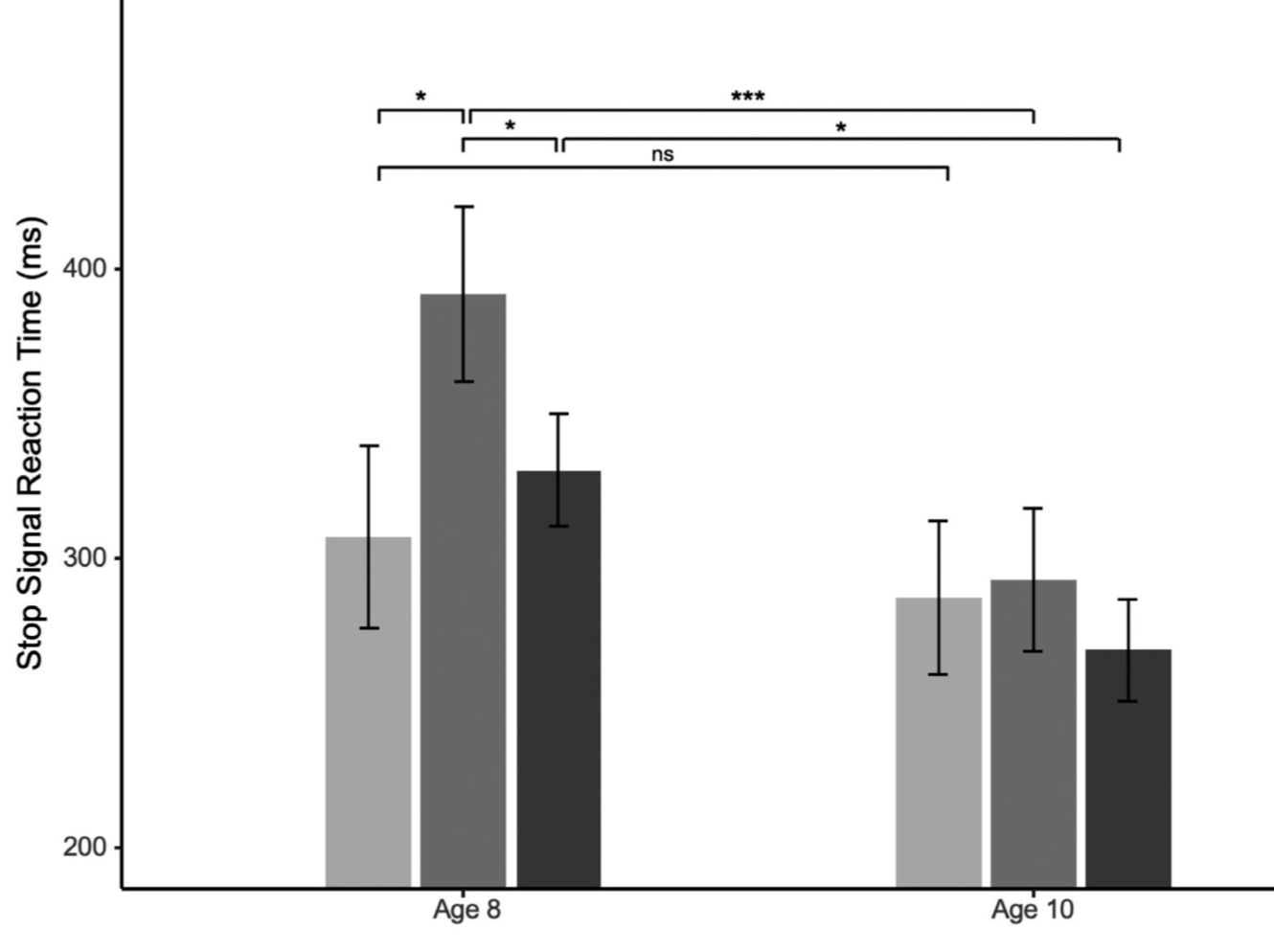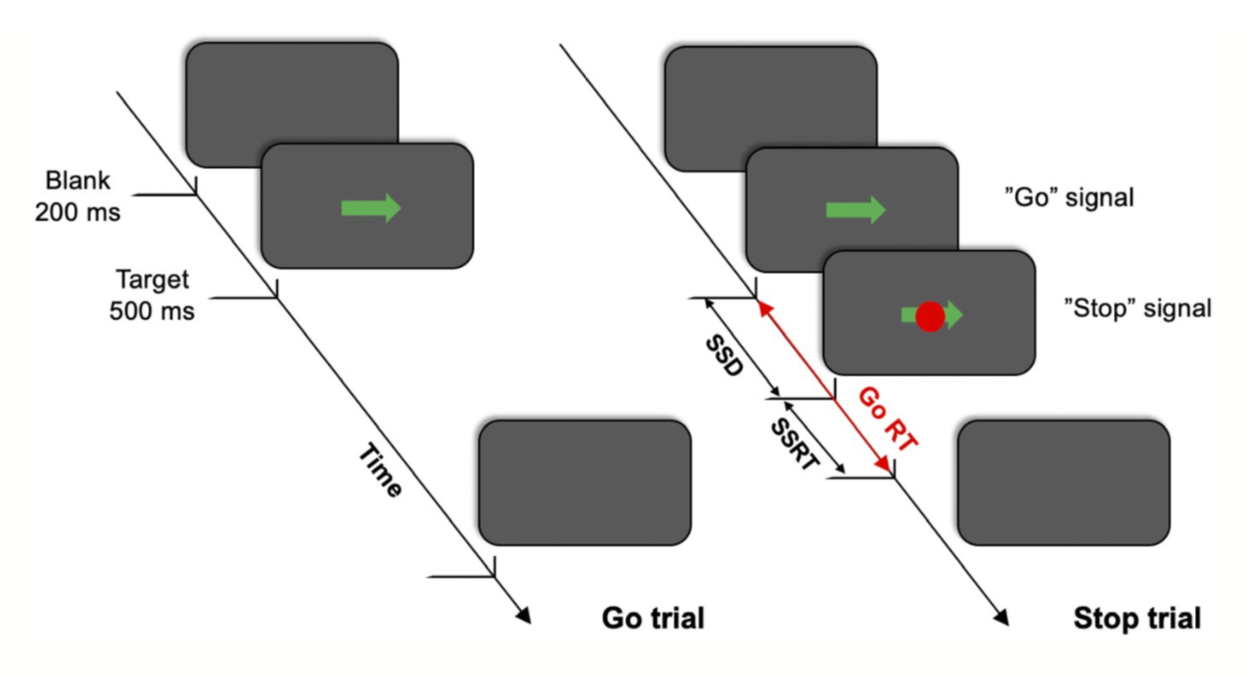ABC - Middle childhood follow-up
NIMH-funded randomized clinical trial, called Services for Children in Their Own Homes (SCOH), testing the efficacy of the Attachment and Biobehavioral Catch-up intervention at 8, 9, 10-years of age.
The project involves children from families who are involved with Child Protective Services (CPS) are at greater risk for developing problems related to their socio-emotional, cognitive, and brain development. In efforts to improve these children’s developmental outcomes, we assessed the efficacy of ABC among parents with CPS. Parents were randomly assigned to either receive ABC or to receive a control intervention of the same duration and frequency. We then followed up with the families when children were ages 8, 9 and 10.
Funding: National Institute of Mental Health R01 MH074374 award Project Title: Intervening Early with Neglected Children: Key Adolescence Outcomes.” Period of Support: 2016 - 2018. PI: Mary Dozier, PhD
Key findings:
1. Children in the ABC group show more age-typical (near-zero) amygdala-OFC resting-state
functional connectivity as compared to the control group (manuscript under review). The
control intervention showed a negative functional connectivity.

2. Children in the ABC group showed greater prefrontal cortex activation in response to
photographs of fearful faces compared to children in the control group. This suggests
that ABC children had better regulation to threat at the level of brain activation
(see Valadez et al., 2023).


3. ABC intervention improves inhibitory control at age 10 (see Korom et al., 2021).
Specifically, children who received ABC during early childhood showed faster reaction
time on the Stop Signal Reaction Time paradigm as compared to the control
intervention group. No statistically significant effect emerged between the ABC and
the low-risk comparison group.

